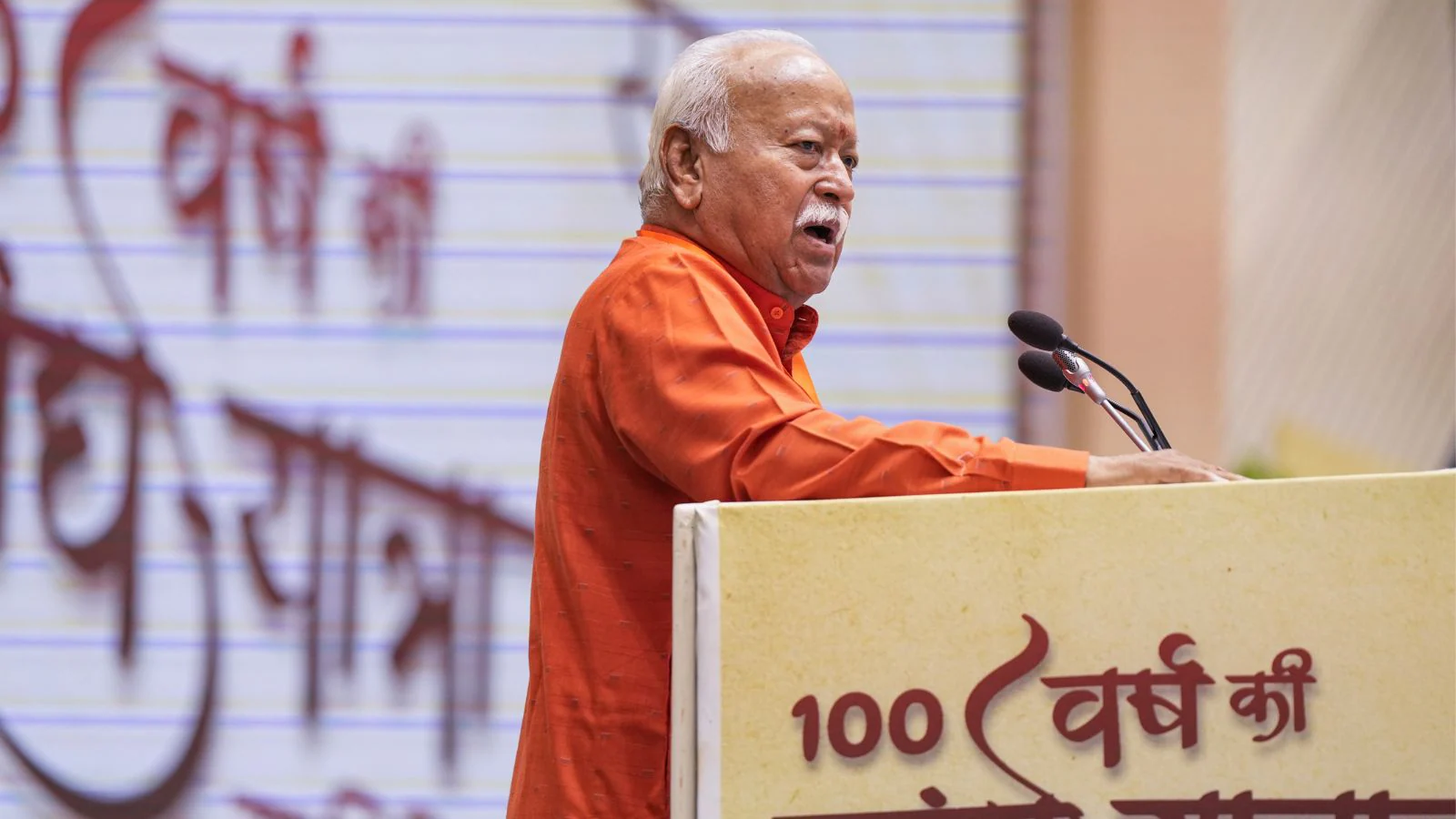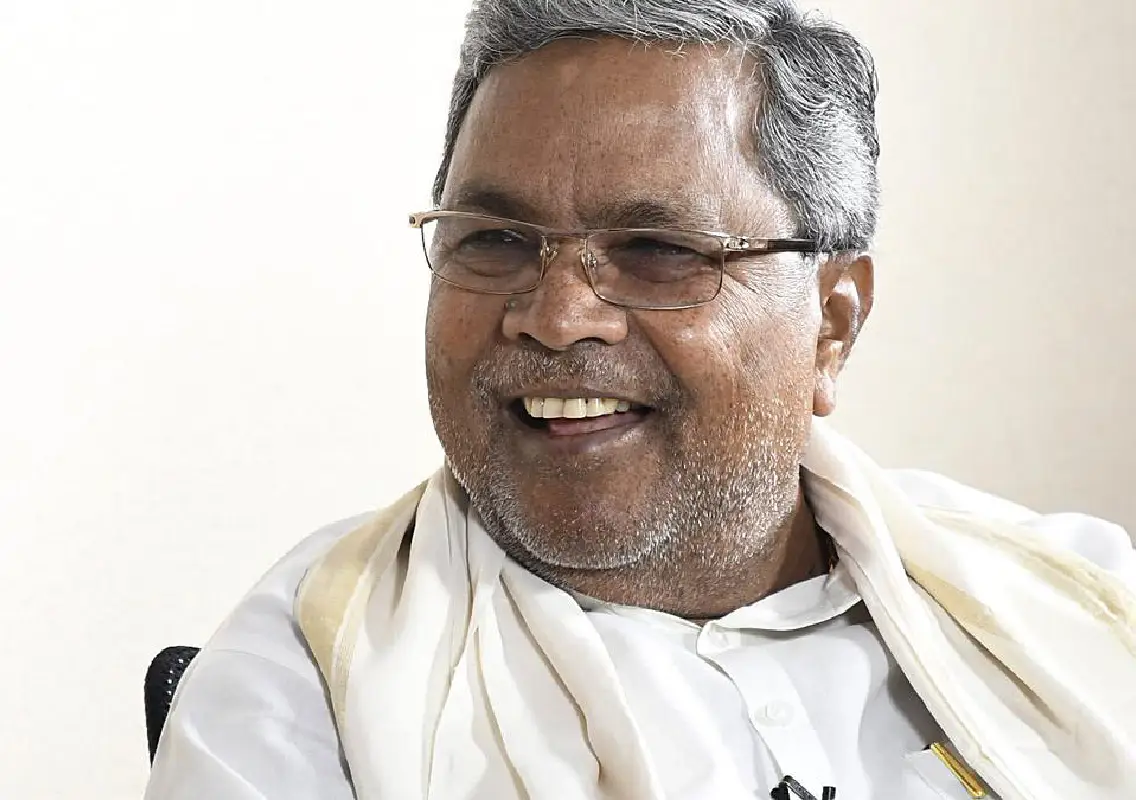By Adarsh Kuniyillam,News18
Copyright news18

The Navaratri celebrations have commenced. The victory of good over evil represents the success of spiritual awakening. The 1920s marked a time of significant turmoil in the Indian independence movement. Gandhi’s non-violence had just been out to test. The Congress party was losing its direction and required mass mobilisation. In 1922, a young man, an adept organiser and a joint secretary of the Indian National Congress in Nagpur, emerged as a true leader. While sentencing him to trial in May 1921, Judge Smelly exclaimed: “His statement of defence is more seditious than his speech”.
Against the heavy downpour and the dark clouds that overhang the nation, Keshav Balram Hedgewar came out of prison on January 12, 1922. Top leaders of the Indian National Congress were there to receive him; they considered it an honour to receive Dr Hedgewar out of prison. The camaraderie was strong. Little did they know that this man would rewrite what selfless service to humanity means amongst his countrymen and for the world.
Thus was founded Rashtriya Swayamsevak Sangh on Vijayadashami day in 1925 with a meeting of 22 colleagues at the residence of Dr. Hedgewar. From humble beginnings, today RSS has evolved into the largest social organisation in the world.
The preamble of the RSS reads:
• To eradicate fissiparous tendencies arising from diversities of sect, faith, caste and creed and from political, economic, linguistic and provincial differences amongst Hindus,
• To make them realise the greatness of their past,
• To inculcate in them a spirit of service sacrifice and selfless devotion to society,
• To build up an organised and well-disciplined corporate life and to bring about an all-round regeneration of Hindu Samaaj on the basis of Dharma and Sanskriti’.
Those were the times when the British implemented the strategy of ‘divide and rule’, not only fragmenting the nation along religious lines but also along caste and linguistic divisions. It was also a period when the British foreign policy framework exerted this policy throughout colonies of Africa and Asia. The British political system established ‘political offices’ that collected political intelligence. This intelligence was sourced from political agents who closely monitored political events. Numerous agents consistently provided the British with the necessary information. These political offices routinely surveilled political developments across the colonies and frequently produced reports. Since its inception, the RSS has been perceived as a thorn in the bushes of this convenient political office and since then was tagged a ‘communal Hindu outfit’. A 1943 report of the British Intelligence states: ‘The ulterior objective of the RSS is to drive away the British from India and to free the country’.
After Independence, the RSS was perceived as the most significant threat to the ‘borrowed establishments’ of newly Independent India. The assassination of Mahatma Gandhi shortly after Independence resulted in the banning of the RSS. However, the ban was eventually revoked upon the realisation that the RSS was not directly involved in the assassination of home minister Sardar Patel.
During the Partition and in the subsequent period, RSS members played a vital role in assisting Hindu refugees and providing aid and services. In 1949, no less a person than Dr Zakir Hussain, who later became the President of India, while addressing a Muslim audience in Monghyr, Bihar said: “The allegations against the RSS of violence and hatred against Muslims are wholly false. Muslims should learn the lesson of mutual love, cooperation and organisation from RSS.” During the 1962 war with China, the RSS contributed actively to the war effort, especially in providing support to the civil administration. This impressed Prime Minister Nehru, who invited the RSS to field a contingent of hundred swayamsevaks in the 1963 Republic Day Parade in New Delhi. The RSS assisted the government during the 1965 war with Pakistan. Prime Minister Lal Bahadur Shastri invited the then RSS chief, MS Golwalkar, to an all-party meet, and even allowed the RSS to relieve the burden of the Delhi Police by taking up some of its duties.
When Indira Gandhi imposed the infamous Emergency in 1975, it was the RSS cadres who clandestinely worked on a large scale for the restoration of democracy. For upholding democracy during these dark years, the Sangh faced its second ban. The Gandhian leader, Jayaprakash Narayan, who was earlier a staunch critic of the RSS even went on to say that “RSS is a revolutionary organisation. No other organisation in the country comes anywhere near it. It alone has the capacity to transform society and casteism, and wipe the tears from the eyes of the poor”.
For the last century, the Swayamsevaks have upheld the vision of their founders with unwavering dedication and devotion. They have implemented the Akhila Bharatiya perspective and endeavoured to create an egalitarian society grounded in Bharatiya sanskriti. Over the years, the Shakha has nurtured committed individuals who have become the architects of our nation. Currently, the organisation tirelessly works to promote Bharatiya culture and values. The civilisational unity of our homeland is the fundamental mission of every swayamsevak. Each karyakarta’s life is devoted to their work, and they will only find rest upon the fulfillment of the tasks outlined by the organisation’s principles. This selfless commitment of the RSS will not only propel India towards Amrit Kaal, but will also enable our country become the ‘Dharma Guru’ of the world.
Adarsh Kuniyillam is a Parliament and policy expert. Views expressed are personal and do not necessarily reflect News18’s editorial stance.



